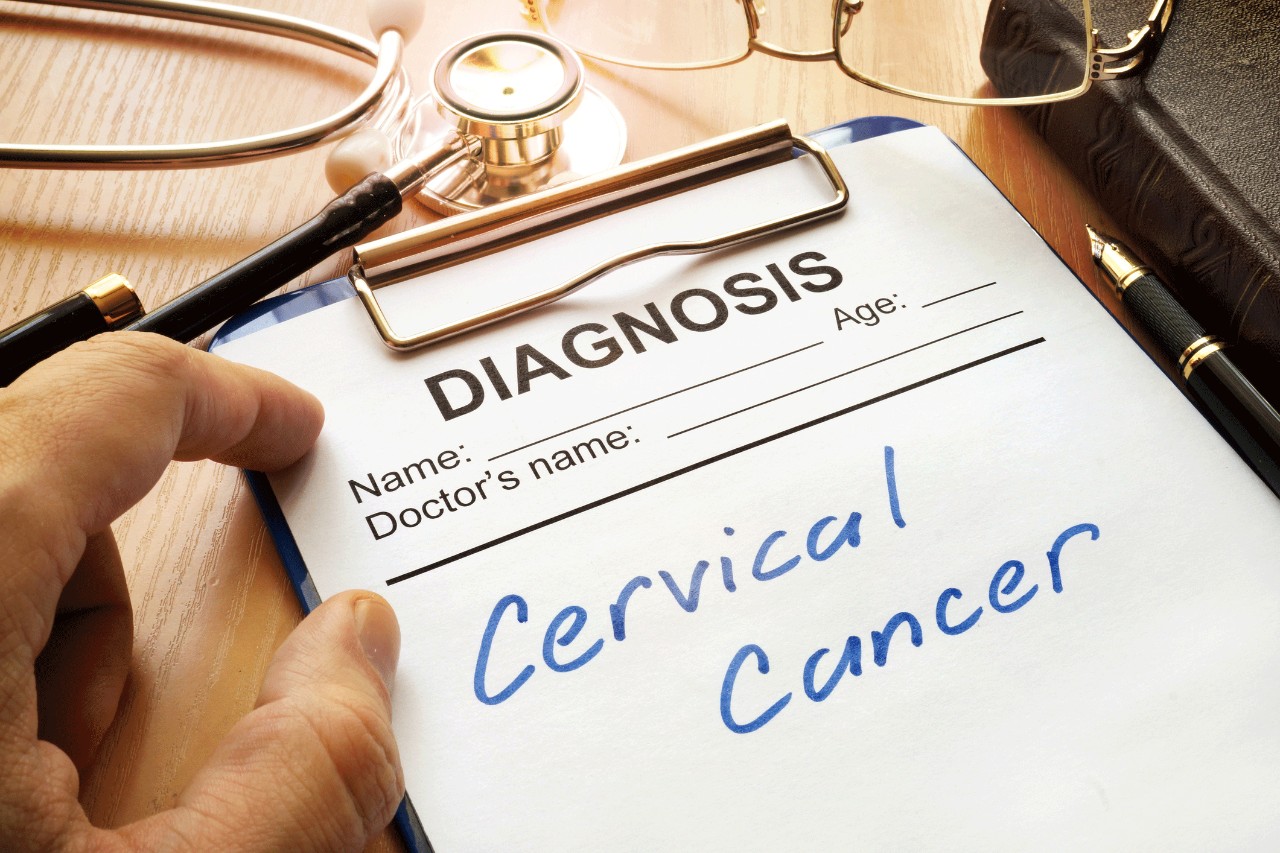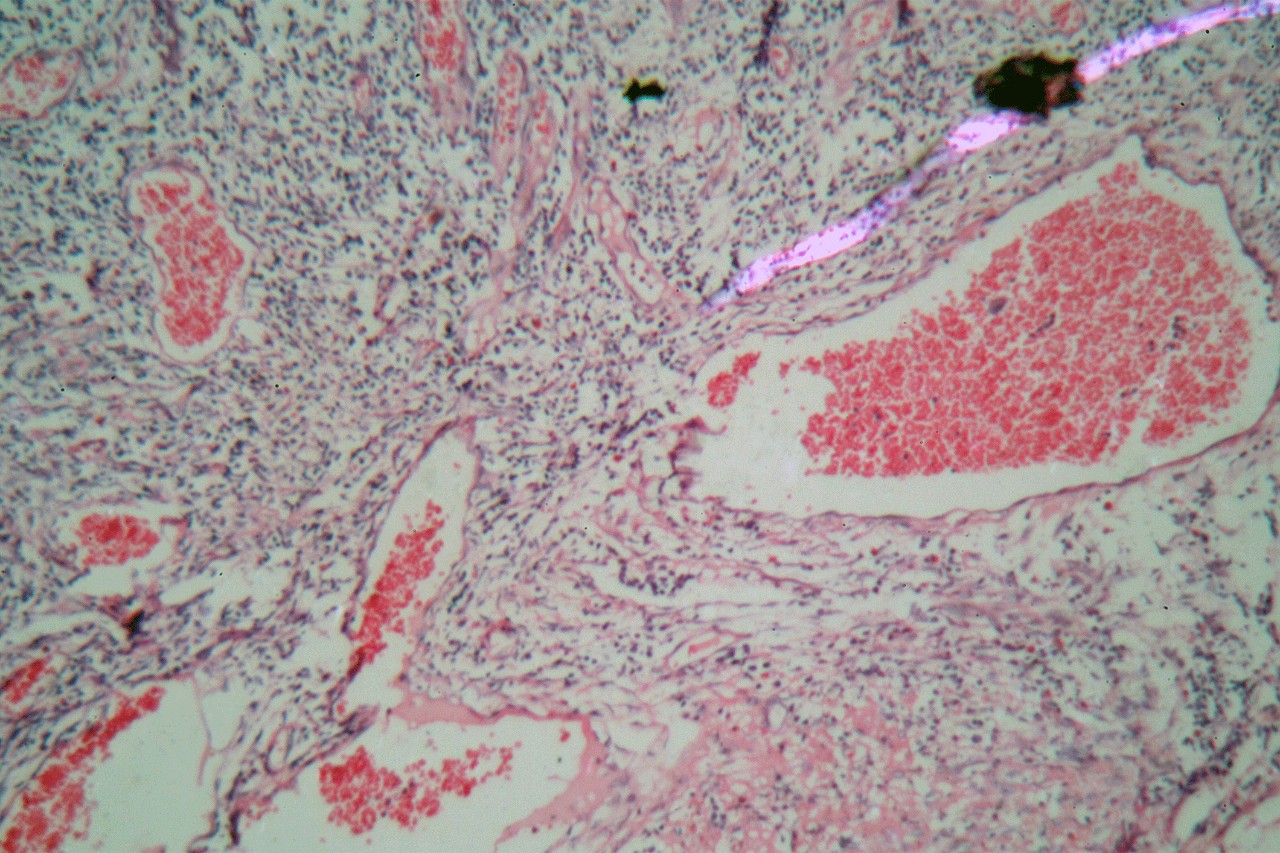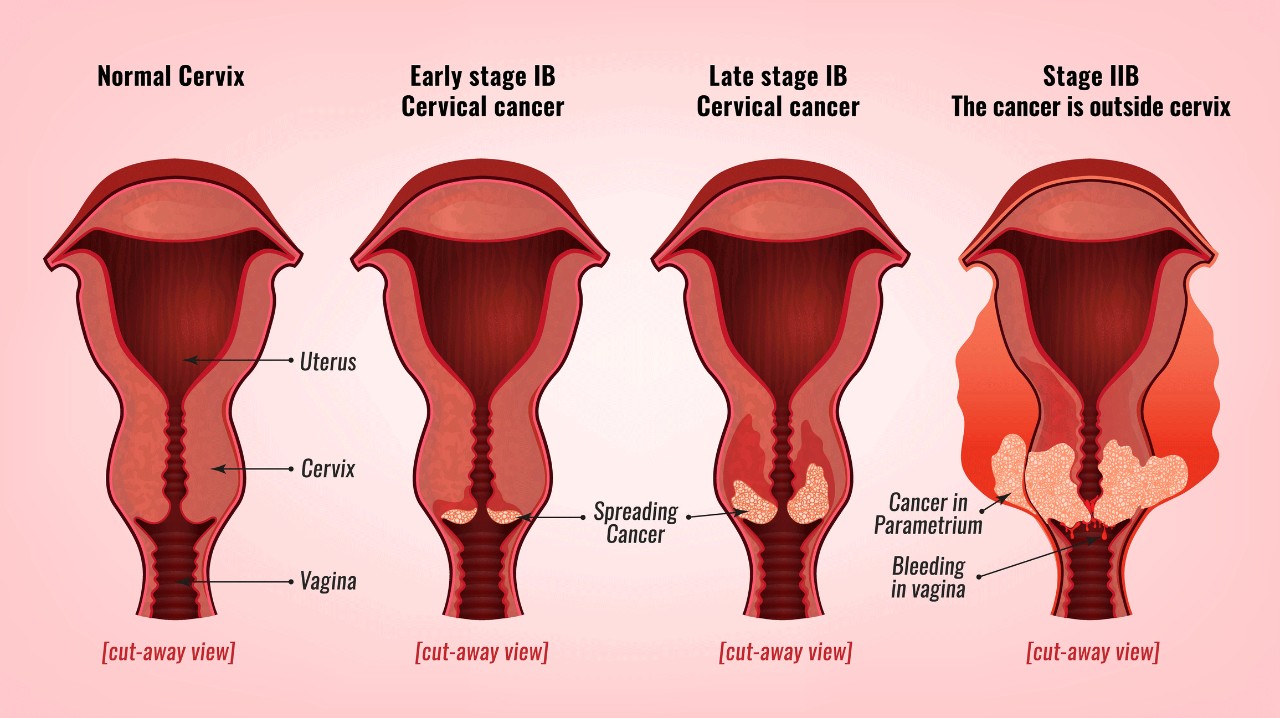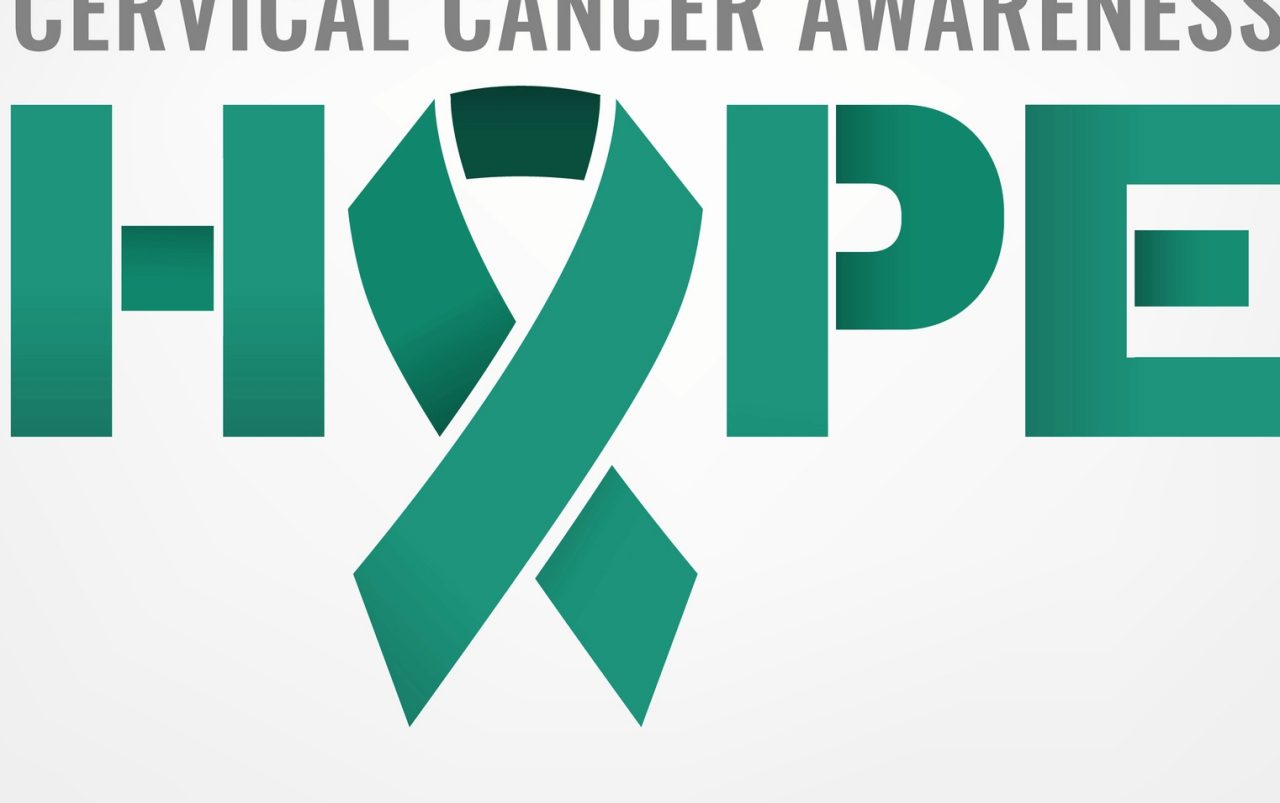
Why You Need Cervical Cancer Screening
Too many women are dying of cervical cancer. Why? The problem is not enough women are getting a Pap smear, the test that screens for the disease.

What is HPV? Human papillomavirus is the most common bug you’ll pick up having sex. A highly transmitted disease affecting many, it can lead to cervical cancer.

Human papillomavirus in men is so common that most sexually active men will get the virus at some point. Some may be unaware they have HPV. A vaccine can prevent it.

Early signs of cervical cancer have no symptoms. Cervical cancer symptoms emerge once the cancer becomes invasive. Here are symptoms women should watch for.

Most causes of cervical cancer stem from the human papillomavirus (HPV). Learn more about the link between the human papillomavirus and cervical cancer.

Screening tests are important tests for cervical cancer. An abnormal Pap test or symptoms like abnormal bleeding require additional tests for cervical cancer.

Cervical cancer stages determine how much cancer is in your body, where it is, and whether it has spread. Treatments depend on the stage of cervical cancer.

Treatment for cervical cancer depends on the stage of the cancer. Other factors, including a patient’s health, impact the type of treatment for cervical cancer.

If cervical cancer runs in your family, you may ask — is cervical cancer hereditary? But there are other reasons several relatives may have cervical cancer.

Women diagnosed with cervical cancer want to know: Is cervical cancer curable? Cervical cancer can be cured, especially if detected early and treated promptly.

Cervical cancer survival rates depend on your disease stage and treatment. Cervical cancer survival rates are estimates and can’t predict individual outcomes.